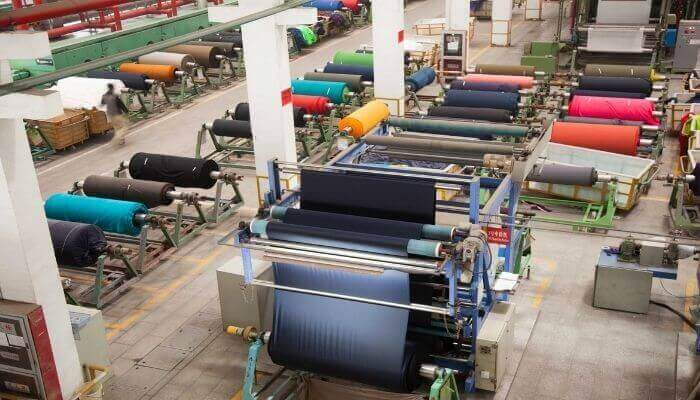The underperformance of Nigeria’s manufacturing and agricultural sectors is significantly weakening the country’s industrialisation efforts.
Industry stakeholders attributed the real sector’s underperformance to multiple challenges constraining the realisation of its huge potential.
These include persistent structural challenges, including an unreliable power supply, inadequate infrastructure, limited access to affordable finance, regulatory bottlenecks, and the significant reduction of consumer purchasing power driven by rising inflationary pressures. This has weakened domestic demand for locally produced goods, further worsening the overall challenges confronting the manufacturing sector.
The stakeholders argued that the prospect of recovery in the manufacturing sector would depend on implementing policy stimuli and export-focused trade strategies, and called for policy interventions for the sector, including foreign exchange (FX) stability, development funds for manufacturing, and improved infrastructure, especially electricity.
According to the GDP report for the first quarter (Q1) 2025, agriculture grew by only 0.7 per cent and manufacturing by 1.7 per cent, as these sectors are essential for economic inclusion, job creation, self-reliance, economic security, and diversification.
Speaking on the data, the director-general of the Manufacturers Association of Nigeria (MAN), Segun Ajayi-Kadir, lamented the underperformance of the industry sector in general, especially the manufacturing sector, adding that manufacturing growth has remained uneven and fragile across subsectors.
He noted that the recent rebasing of the GDP has further exposed the structural weaknesses in the country’s productive base, particularly in manufacturing, which is central to any ambition of building a resilient, competitive, and inclusive economy.
According to him, manufacturing is structurally weak, with sub-sectors that should be growth drivers performing below potential, as indicated in the report.
Based on the figure released, the average annual growth rate of the manufacturing sector between 2019 and 2024 is negative (-0.76 per cent).
“More worrisome is the underperformance of the manufacturing sector. Despite its critical role in job creation, export diversification, and economic transformation, the sector’s contribution to GDP remains low and increasingly volatile.
“Key subsectors such as oil refining and motor vehicle assembly have recorded consistent declines in real output, eroding Nigeria’s industrial performance.”
The MAN DG urged the government to prioritise manufacturing and industrialisation to reflect the real economic situation and gains of the country’s rebased GDP, saying that “Nigeria must re-industrialise to achieve inclusive growth, build export capacity, and reduce dependence on primary commodities and informal activities.
“We urge the government to prioritise manufacturing in policy, financing, and infrastructure development, because without a strong industrial base, GDP expansion may just become a hollow statistic.”
He advocated a manufacturing-led growth strategy, adding that this must include sector-specific interventions such as energy reliability for manufacturers, incentivised local content policies, streamlined regulatory frameworks, and strategic trade facilitation to boost competitiveness.
“We call for urgent rebalancing of economic policies in favour of productive sectors, especially manufacturing. The current structure, heavily reliant on services and primary production, is not sustainable for long-term development,” Ajayi-Kadir stated.
PwC’s report, ‘Mid-year review and updates: H2 2025 economic outlook,’ stated that “to drive real sector growth in 2025, Nigeria must stabilise macro-economic fundamentals and implement targeted interventions that improve access to affordable finance (especially for MSMEs), address energy and FX constraints, enhance infrastructure delivery, and ensure regulatory reforms (like tax reforms) promote ease of doing business.”





